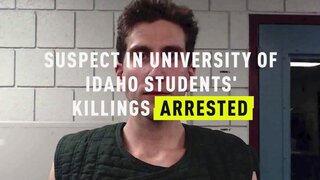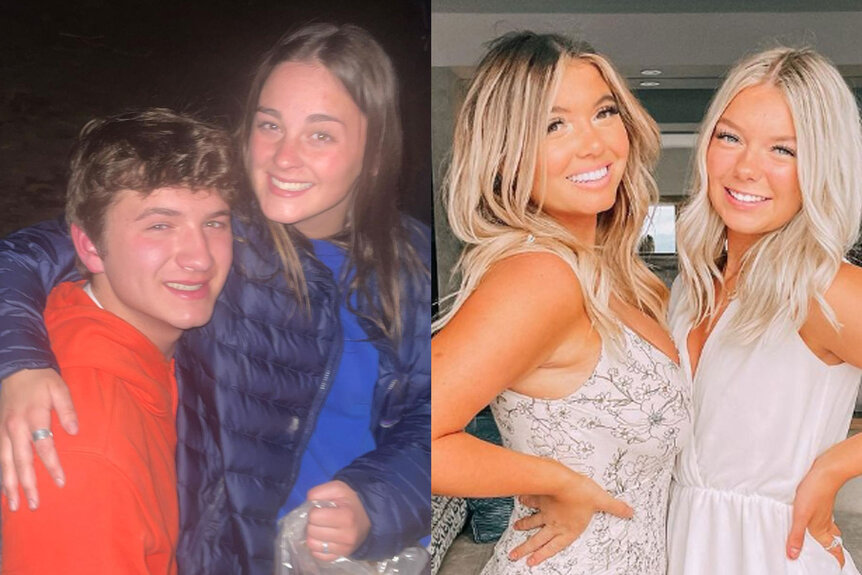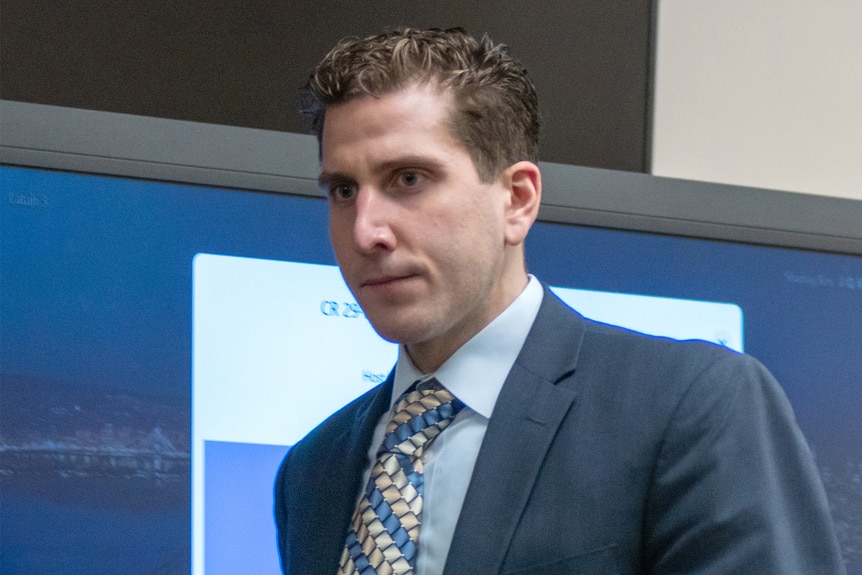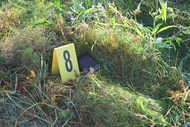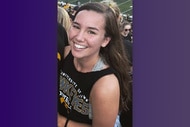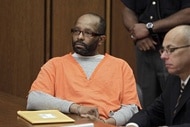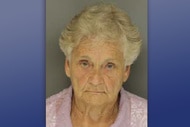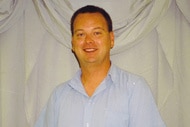Create a free profile to get unlimited access to exclusive videos, breaking news, sweepstakes, and more!
University of Idaho Murder Suspect Bryan Kohberger's Team Says Cellphone Data Will Prove His Innocence
Kohberger's defense attorneys believe cellphone data supports his insistence that he was out driving at the time Kaylee Goncalves, Madison Mogen, Xana Kernodle, and Ethan Chapin were brutally stabbed to death.
Attorneys representing quadruple murder suspect Bryan C. Kohberger claim one expert’s testimony may prove the defendant was nowhere near the scene of the crime.
On Wednesday, April 17, 2024, Public Defender Anne C. Taylor filed a legal notice in Latah County, Idaho, stating the defense’s intent to call Sy Ray, an expert in cell site location information (C.S.L.I.), to the stand, according to court records reviewed by Oxygen.com.
The defense maintains Kohberger’s cell phone data proves he was “out driving,” giving him an alibi for the early morning of November 13, 2022, when University of Idaho students Kaylee Goncalves, 21, Madison Mogen, 21, Xana Kernodle, 21, and Ethan Chapin, 20, were stabbed to death at an off-campus residence in Moscow, Idaho.
More on the University of Idaho Murders:
Defense in Bryan Kohberger's Murder Trial Barred from Conducting "Surveys" of Potential Jurors
House Where Four University of Idaho Students Were Killed is Demolished
Where Does the University of Idaho Murders Case Stand One Year Later?
Kohberger previously stated that he “long had a habit of going for drives alone,” though, as conceded in the initial August 2023 filing, he could not provide an exact location to support his alibi.
At the time of the murders, Kohberger lived in Pullman, Washington — less than 10 miles west of Moscow — and attended the University of Washington as a criminology major. Court records stated he’d lived there since June 2022 and was “an avid runner and hiker” who regularly visited the nearby Palouse region of the northwest U.S.
“After the school year began, Mr. Kohberger was busy with classes and work at Washington State University, and his running and hiking decreased but did not stop,” according to Wednesday’s filing. “Instead, his nighttime drives increased.”
Attorneys stated his solo drives were supported by data that placed him “in the countryside late at night and/or early in the morning on several occasions” and included “numerous photographs … depicting the night sky.” Some of the photos, attorneys stated, were taken in November 2022.
“Mr. Kohberger was out driving in the early morning hours of Nov. 13, 2022, as he often did to hike and run and/or see the moon and stars,” the filing continued. “He drove throughout the area south of Pullman, Washington, west of Moscow, Idaho, including Wawawai Park.”
Attorneys cited Wawawai County Park as Kohberger’s “favorite location.”
What Do Prosecutors Say about Kohberger's Movements That Night?
Potential proof that Kohberger was driving miles from the Moscow residence would seemingly contradict surveillance videos showing a white Hyundai Elantra — believed by prosecutors to be driven by the suspect — driving to and from the Moscow house around the time of the murders.
The Hyundai was key to capturing Kohberger, who was arrested on December 30, 2022, by state police in his home state of Pennsylvania.
Authorities stated that Kohberger’s cell phone moved on Nov. 13, 2022, from the suspect’s apartment before “traveling south through Pullman” at around 2:47 a.m., according to a probable cause affidavit obtained by Oxygen.com. Moscow P.D.’s Cpl. Brett Payne said the phone’s movements were “consistent with the movement of the white Elantra” before it lost its connection — either a case of bad service or the phone being turned off.
The phone didn’t come back onto the grid until 4:48 a.m., shortly after the time of the quadruple murder, per the affidavit, during which time it traveled from south of Moscow and back to Pullman.
Additionally, according to the affidavit, the phone was placed near the Moscow home “on at least 12 occasions” leading up to the date of the murders, suggesting Kohberger had surveilled the students' home.
“All of these occasions, except for one, occurred in the late evening and early morning hours of their respective days,” the affidavit stated.
What could Sy Ray's testimony offer?
Attached to Wednesday’s 10-page filing was C.S.L.I. expert Sy Ray’s curriculum vitae, providing decades-worth of law enforcement and military experience. Kohberger’s defense stated Ray’s proficiency in cell phone data, radio frequency, and other related areas would prove Kohberger — on the night of the murders — was “south of Pullman” and “west of Moscow” and that it was not his device on the Moscow-Pullman Highway for the drive back to Washington.
“Additional information as to Mr. Kohberger’s whereabouts as the early morning hours progressed, including additional analysis by Mr. Ray, will be provided once the State provides discovery requested and now subject to an upcoming Motion to Compel,” the document continued. “If not disclosed, Mr. Ray’s testimony will also reveal that critical exculpatory evidence, further corroborating Mr. Kohberger’s alibi, was either not preserved or has been withheld.”
More is expected once the state provides its discovery evidence.

